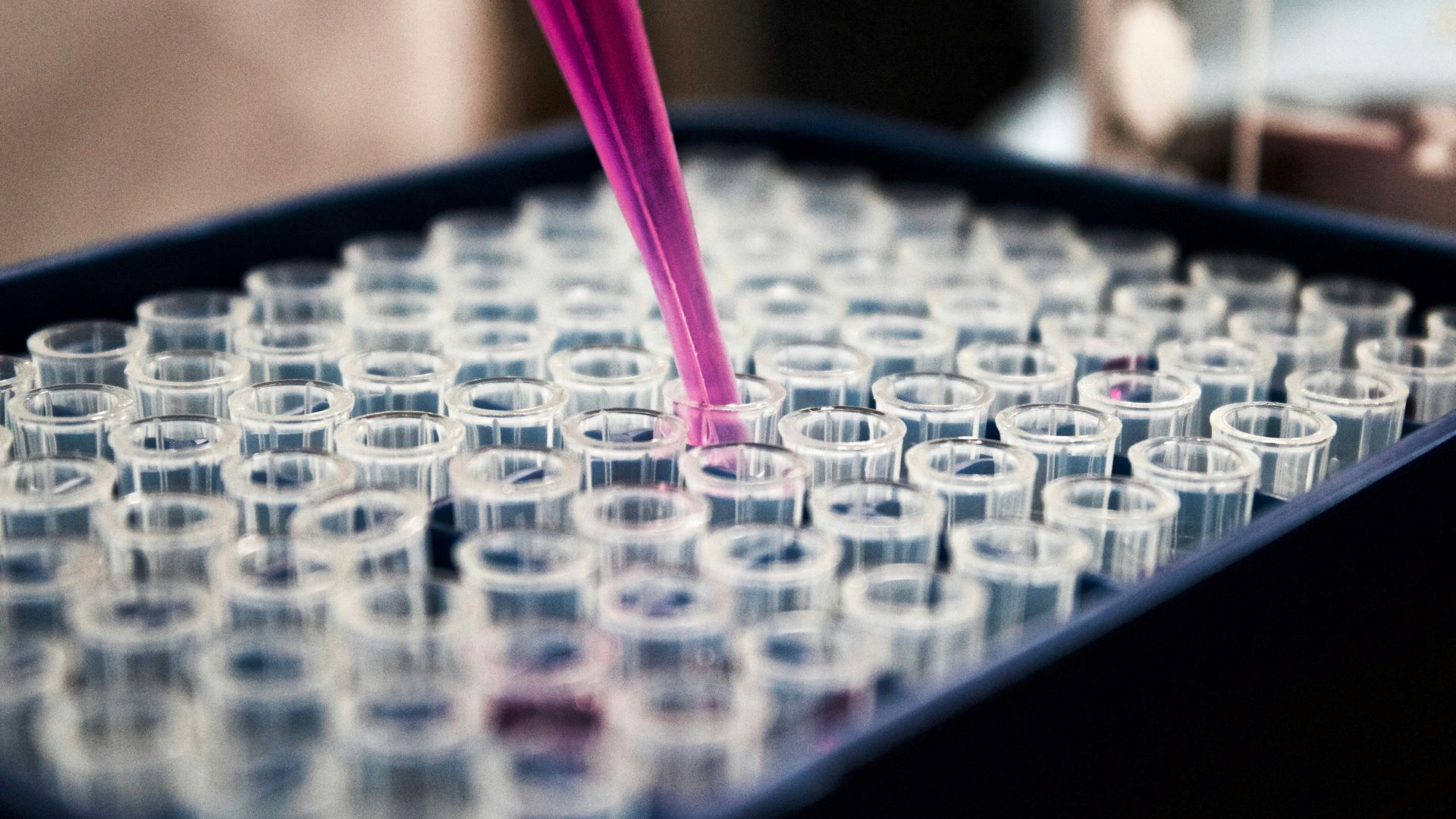
Vietnamese citizens will need to provide biometric data including voice recordings, iris scans, and even DNA samples for identification purposes from July 1, following a request from Vietnam's prime minister, Pham Minh Chinh.
Pham Minh Chinh told the Ministry of Public Security to start collecting this data as part of the Vietnamese government's efforts to enforce its amended Law on Citizen Identification, which was ratified by Vietnam's National Assembly on November 27, 2023, and is due to come into effect on July 1, 2024. This law allows for the collection and sharing of biometric data across government agencies, including DNA-specific data like blood type, for identification purposes. It will also see new ID cards issued to all Vietnamese citizens over the age of 14, with the use ID cards for those aged 6 to 14 being optional.
According to the amendment, the new ID cards will include the functional abilities of drivers licenses, birth and marriage certificates, health insurance cards, and social insurance books.
The Ministry of Public Security will be working with other government agencies to integrate the biometric data collected for the new identification system into a database which will be shared across said agencies. This database, according to the amended Law on Citizen Identification, will be used by the government "to perform their functions and tasks".
The amendment states that the data will be collected "when voluntarily provided by the people or the agency conducting criminal proceedings or the agency managing the person to whom administrative measures are applied in the process of settling the case according to their functions and duties whether to solicit assessment or collect biometric information on DNA" and that voice recordings will be shared "with identity management agencies for updating and adjusting to the identity database".
"Biometric information on DNA and voice is collected when voluntarily provided by the people or the agency conducting criminal proceedings or the agency managing the person to whom administrative measures are applied in the process of settling the case according to their functions and duties whether to solicit assessment or collect biometric information on DNA, people's voices are shared with identity management agencies for updating and adjusting to the identity database."
Law on Identification Amendments
The new ID cards will still include basic information on the cardholder for example their full name, date of birth, gender, age, and identification number, however some information will be omitted from the new ID cards. This includes citizen's fingerprints and identification information. Additionally, the Police Department for Administrative Social Order will no longer be in charge of issuing IDs, with the Ministry of Public Security taking over this task.
With so much valuable data contained on these cards, and even more valuable biometric data being stored by its agencies, it is imperative that the Vietnamese government take the appropriate steps to protect it's citizens data. If not, the consequences could be severe.







